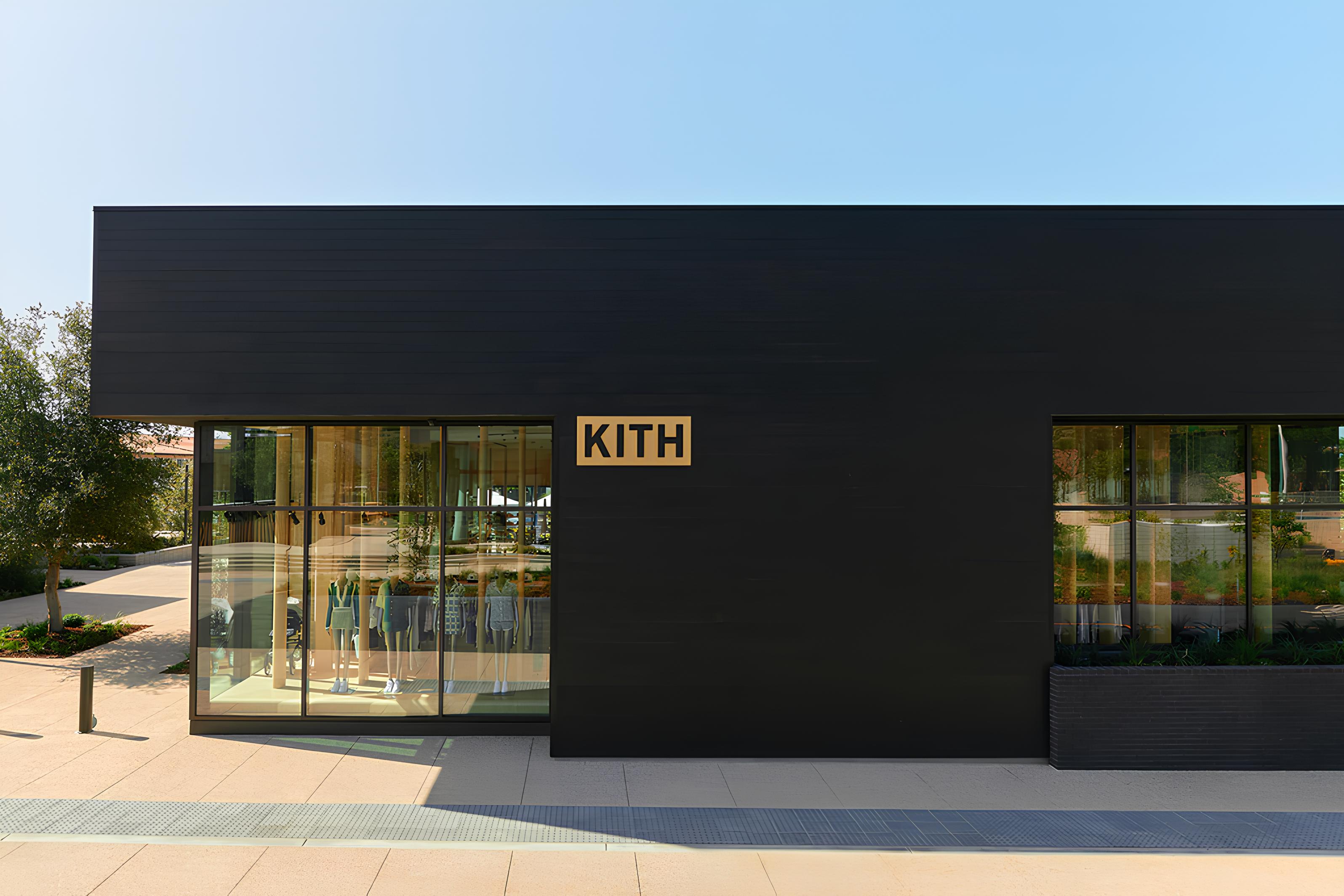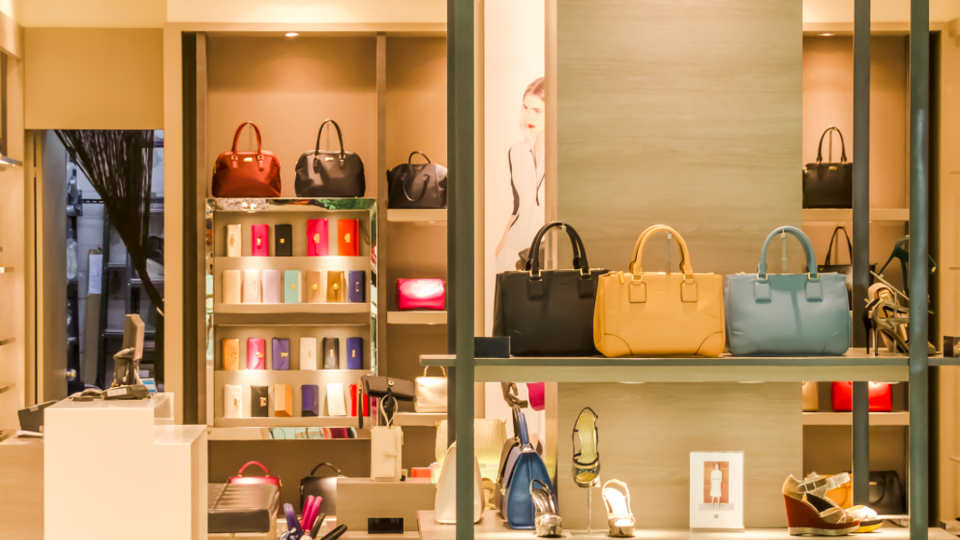
Why hoteliers who excel at meeting the business traveller’s most essential needs will beat their rivals at repeat custom
HONG KONG – Like many frequent travellers, I learned the hard way that not all luxury hotels are created equal and that a 5 star rating doesn’t always guarantee what you hope it would. Especially when travelling on business, I need efficiency and reliable service more than I need a hip scene at the in-house bar. With this in mind, for my first time to trip to Hong Kong, I began with some cautious preparations. I wasn’t entirely certain what to expect in terms of hotel locations, airport logistics, transportation to and from meetings and all the minutiae of travel in a foreign city that can unwittingly derail even the best planned business schedules. Upon the recommendation of a colleague, I booked myself into the Mandarin Oriental. It was a revelation.
The experience began as soon as I disembarked from my Cathay Pacific flight. A polite attendant from the hotel was waiting to accompany me as I went through the drudgery of immigration, baggage claim and the mandatory stop at a cash machine. Initially, I felt slightly embarrassed to be ferried about in an airport vehicle (a mode of transport I’ve come to associate with images of Victoria Beckham in 5-inch heels and a mountain of designer luggage pouting in the back seat) but once I realised the sprawling distances between one station and another, my embarrassment soon gave way to gratitude. After a twelve hour flight, who needs a marathon?

My gratitude only grew when I was taken through a fast-track immigration check point. The alternative would have been to stand in line behind an entire football team and an assortment of tourists, never an appealing prospect. Before I knew it, my bags were collected for me and I was taken to a nice air-conditioned sedan waiting to whisk me away to the Mandarin.
Upon arrival, rather than the customary front desk check-in process, I was taken directly to my room where a hotel manager took care of checking me in and gave me a brief tour of the amenities while my bags were brought up for me. By my estimation, all of these complementary services together shaved almost two full hours off the usual airport arrival routine. Better yet, it eliminated the usual stress associated with travelling to a completely foreign locale and allowed me to focus my energy on the purpose of my trip.
The problem with many standard luxury hotel perks is that they miss the mark completely where business travel is concerned. Award-winning design and complimentary spa treatments may be very nice but they’re utterly meaningless to me if my room is poorly lit, if there are insufficient outlets to accommodate all my electronic gadgets, or if mobile reception is poor. Luxury hotel groups like the Mandarin Oriental seem to have understood this better than most and have cleverly designed a package of perks which address the particular needs of the business traveller – namely a set of services that save time, promote efficiency and alleviate the hassles of modern travel.
According to a 2009 survey conducted jointly by Market Metrix and The Leading Hotels of the World, significantly more business travellers reported an intent to cut back on travel as a cost-saving measure than their leisure counterparts – 44% versus 30% to be exact. And it’s not just that companies are slashing travel budgets. Many are still keen to avoid any expenditure that could be deemed extravagant. This phenomenon that has been termed “the AIG effect” after the insurance company that made headlines for splurging on a lavish golf retreat after receiving bailout funds from the US federal government.

This means that luxury hotels everywhere will have to work that much harder to woo back business travellers – not only rethinking their perks and packages but also making a stronger case for the inherent value of their services to businesses and their executives.
All this begs the question: why aren’t luxury hotels pursuing them more assiduously by offering services geared precisely towards addressing the issues that plague business travel? When you’re travelling for work, something as simple as a proper desk chair to allow you to work comfortably from your room during your stay is likely to add more value to your experience than a complementary glass of champagne at turn-down.
Clearly I’m not the only one who feels that luxury hotels should reconsider some of their priorities for business guests. According to the same survey by Market Metrix et al, travellers ranked airport transfers, an extra night free and room upgrades as their preferred complimentary amenities. Spa treatments, champagne and unlimited minibar access were rated as far less important.
I personally don’t remember the thread count of the sheets at the Mandarin Oriental and my schedule only permitted me one quick dip in their gorgeous pool during my stay. I do vividly remember the immensely useful and efficient service that eliminated much of the stress of travel and helped me make the most of my time there. Not surprisingly, the Mandarin Oriental has since become my hotel of choice for both business and leisure travel – and incidentally that of my husband’s and a number of his colleagues based on my recommendation. Isn’t that precisely what a successful perk is supposed to do?










